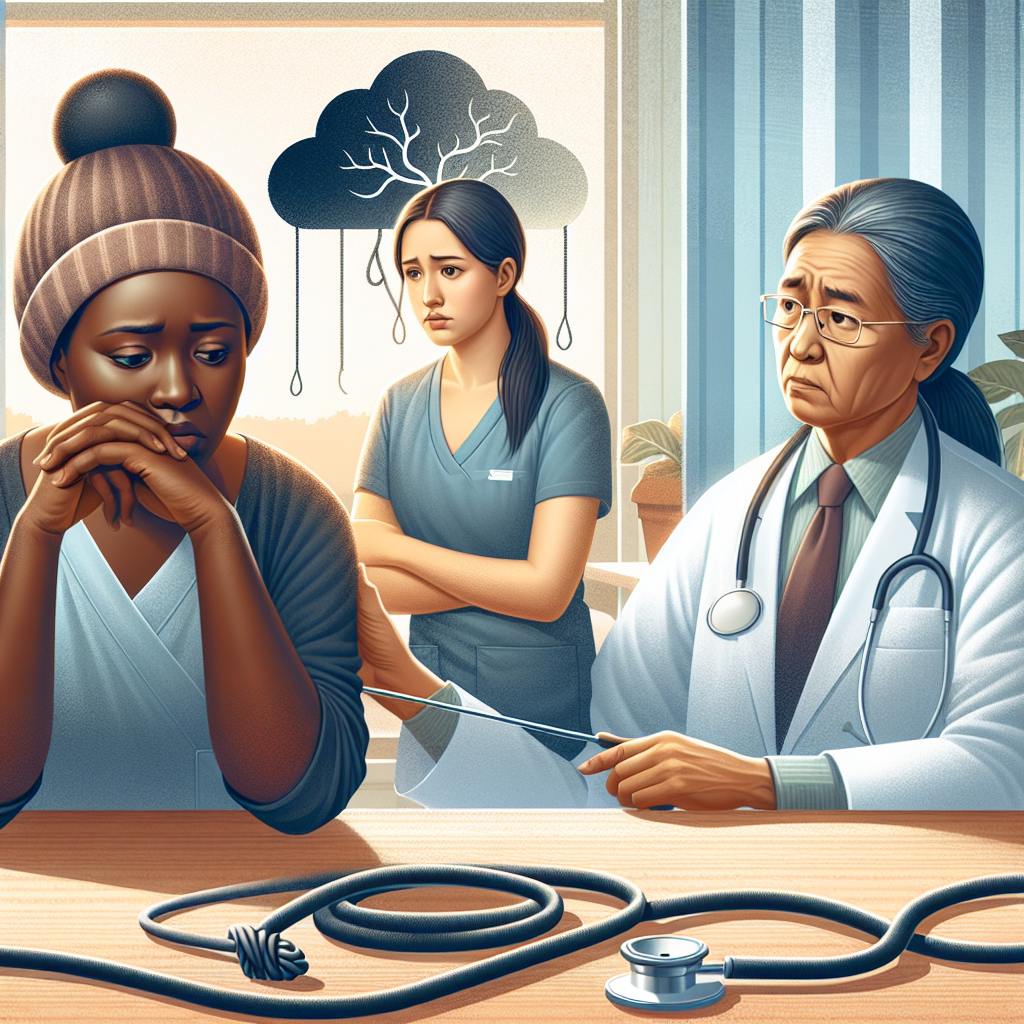# New York, NY—The Silent Crisis: Mental Health Care Lags in Skilled Nursing Facilities
In the dimly lit corridors of skilled nursing facilities across the nation, a silent crisis is unfolding, often overshadowed by the demands of physical health care: the struggle to effectively address depression and anxiety among its residents. Despite the critical need, mental health care remains a marginalized priority, leaving countless individuals grappling with untreated or inadequately managed conditions.
A sweeping examination reveals a stark shortfall in mental health services within these institutions, historically designed to cater primarily to physical rehabilitation and long-term care needs. This oversight is particularly jarring considering that, according to the Centers for Disease Control and Prevention (CDC), approximately 20% of adults aged 65 and over suffer from some form of mental health issue, with depression and anxiety being among the most prevalent conditions.
The gravity of the situation is underscored by the testimony of healthcare professionals and residents within these facilities. “We are woefully unprepared and under-resourced to deal with the magnitude of mental health issues among our residents,” shared a nurse practitioner from a New York-based skilled nursing facility, who requested anonymity due to employer restrictions. “It’s not just a gap in our care services; it’s a chasm.”
This shortfall has far-reaching repercussions, not only diminishing the quality of life for the individuals affected but also potentially exacerbating their physical health issues, leading to longer recovery times and increased healthcare costs. The intersection of physical and mental health cannot be overstated, with studies showing that untreated mental health conditions can significantly hinder recovery from physical ailments.
Experts point to several contributing factors to this crisis, including a chronic shortage of mental health professionals, limited training among nursing staff in recognizing and treating mental health conditions, and the persisting stigma surrounding mental illness—even within the healthcare community. Funding constraints further complicate the scenario, as mental health services often receive less financial support compared to other healthcare services.
Calls for reform are growing louder, with advocates urging for comprehensive policy changes that would integrate mental health care as a core component of skilled nursing facilities’ services. This would entail not only increasing funding for mental health resources but also enhancing training programs for nursing staff and establishing partnerships with mental health professionals who can provide specialized care.
As the population ages and the demand for skilled nursing services continues to rise, addressing the mental health care deficit becomes not just a matter of improving individual outcomes but also a vital public health imperative. Failure to act could see this silent crisis escalate, with dire consequences for some of society’s most vulnerable members.
As the skilled nursing sector grapples with this challenge, the words of a resident echo a poignant reminder of the human toll: “We need more than just medication and meals; we need someone to listen to our minds.” In a healthcare landscape increasingly defined by holistic approaches to wellness, the mental health care deficit in skilled nursing facilities presents a critical test—one that demands immediate action and unwavering commitment to change.
-END-


